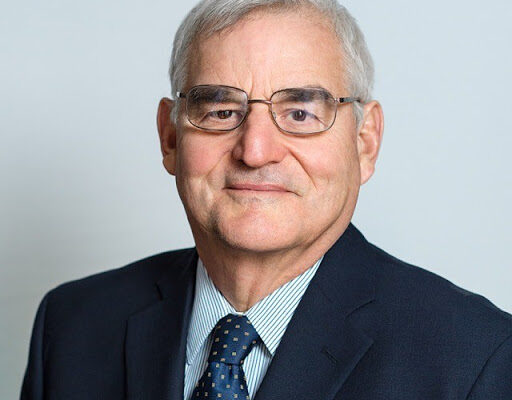International Arbitration as the New Frontier for Reconceptualizing the International Legal Personality and Responsibility of Foreign Investors in the Post-Pandemic World
The author presented on this topic at the ACICA/CIArb Future Frontiers Conference, held in Melbourne, Australia on 7 November 2022 during Australian Arbitration Week. This piece elaborates on the presentation that was delivered. In the last decade, as more states have refused to comply with arbitral awards, attempts have been made to seize the assets…

